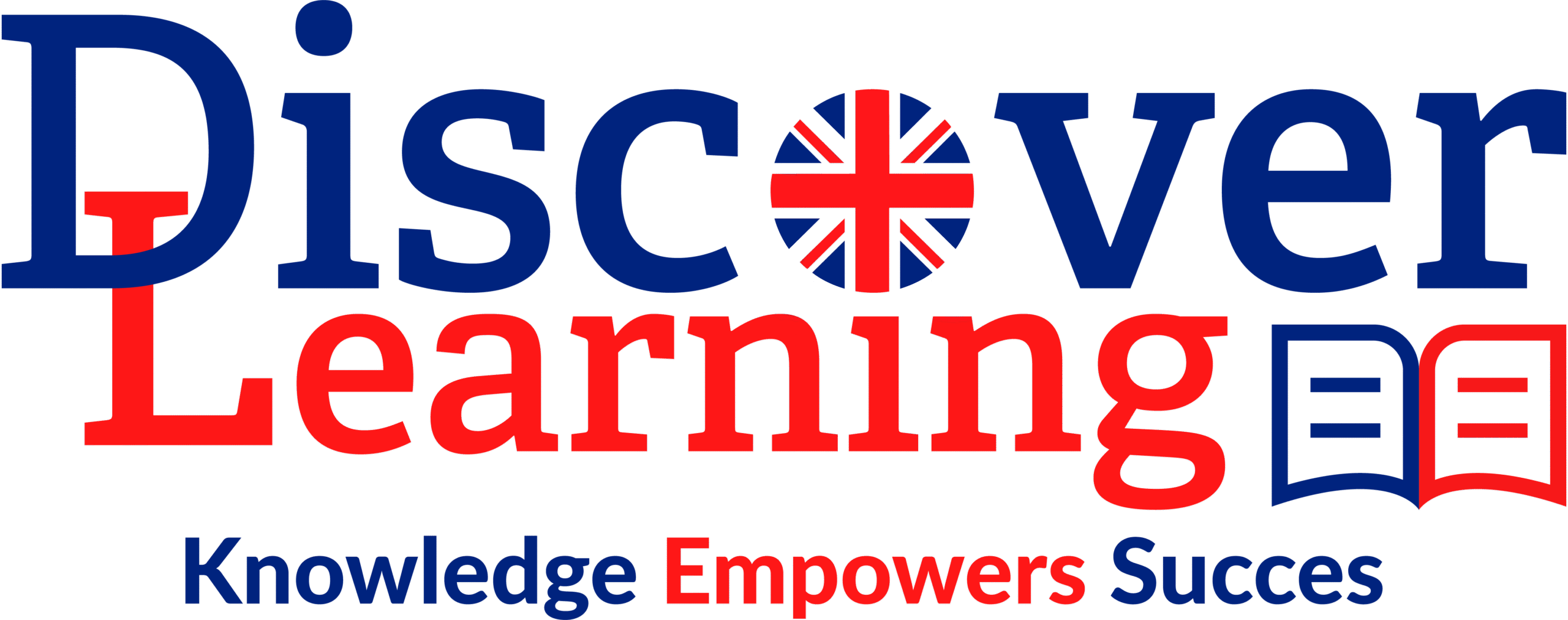
In today’s fast-paced educational environment, tutors are expected to offer much more than academic expertise. Students face not only academic challenges but also emotional hurdles that influence their performance. This is why soft skills in tutoring have become indispensable. Skills like empathy, adaptability, communication, emotional intelligence, and problem-solving are now just as important as subject knowledge. Let’s explore how these skills transform tutoring and enhance student success.
What Are Soft Skills in Tutoring?
Soft skills, often referred to as interpersonal or people skills, are the qualities that enable tutors to connect, guide, and motivate their students effectively. Unlike technical skills or subject-specific expertise, soft skills focus on emotional and social interaction. For tutors, mastering these skills means creating a supportive environment where students feel comfortable and motivated.
Some crucial soft skills include:
- Empathy – understanding and sharing student feelings
- Active Communication – expressing and listening clearly
- Problem-Solving – helping students think critically
- Adaptability – adjusting teaching to unique learning styles
- Emotional Intelligence (EQ) – recognizing and managing emotions
By applying these skills, tutors move beyond teaching facts-they mentor, inspire, and empower students.
Why Are Soft Skills Important in Education?
The educational journey is not just about knowledge transfer; it’s about building confidence, resilience, and motivation. This is where soft skills in tutoring make a significant difference. A student struggling with self-doubt or anxiety will not benefit from academic guidance alone. They need emotional support and encouragement to unlock their potential.
Tutors who demonstrate empathy, adaptability, and effective communication can create a safe learning environment. This positive space encourages students to ask questions, embrace challenges, and learn without fear of judgment. Moreover, the right emotional connection builds trust, which is crucial for sustained progress.
Empathy in Tutoring: Building Trust and Connection
Empathy is one of the most critical soft skills in tutoring. Students often face personal and academic challenges—ranging from exam stress to low confidence—that hinder their progress. An empathetic tutor understands these struggles and offers support beyond the textbook.
For example, a student frustrated with math may disengage entirely. An empathetic tutor will recognize this frustration, acknowledge the student’s feelings, and guide them patiently toward overcoming obstacles. This emotional support builds trust, strengthens the tutor-student relationship, and fosters resilience.
When students feel understood, they are more likely to engage actively, take risks in learning, and persevere through difficulties. Empathy not only improves academic outcomes but also nurtures self-worth and confidence.
Communication Skills: The Backbone of Effective Tutoring
Clear, open, and active communication defines successful tutoring. While subject expertise is essential, the ability to explain concepts simply and listen attentively makes a tutor effective. Communication is not one-sided; it requires both explanation and listening.
Tutors who actively listen can identify where students struggle and tailor their teaching accordingly. Encouraging students to express doubts creates an engaging learning environment. Effective communication also includes using examples, analogies, and different teaching methods aligned with each student’s learning style.
Strong communication builds rapport and motivates students to embrace challenges. It transforms lessons into meaningful interactions rather than one-way lectures. Ultimately, communication empowers students to become confident learners.
Problem-Solving: Encouraging Independent Thinking
Tutoring is not just about providing answers—it’s about teaching students how to think critically. Problem-solving, as a core soft skill in tutoring, helps students develop reasoning skills and confidence.
When tutors guide students through thought processes instead of directly giving solutions, they foster independent learning. This approach builds problem-solving strategies that benefit students academically and in real-life situations. For example, learning to approach complex math problems systematically equips students with resilience and analytical skills applicable to other challenges.
Problem-solving encourages creativity, perseverance, and adaptability—skills that extend beyond the classroom. Tutors who prioritize this skill empower students to become resourceful and confident learners.
Adaptability: Customizing Lessons for Every Learner
Every student learns differently. Some require structured guidance, while others thrive with independence. Adaptability is the soft skill that enables tutors to modify teaching methods according to each student’s learning style and pace.
For instance, a tutor may use hands-on activities for kinesthetic learners, storytelling for visual learners, or step-by-step explanations for analytical thinkers. In today’s hybrid education model, adaptability also means balancing online and in-person sessions to suit students’ needs.
Adaptable tutors personalize learning, making it more engaging and effective. This flexibility builds stronger tutor-student bonds, fosters respect, and ensures that each learner’s unique needs are met.
Emotional Intelligence: Inspiring Motivation and Confidence
Emotional intelligence (EQ) refers to the ability to recognize, understand, and manage emotions—both one’s own and others’. In tutoring, EQ helps tutors notice subtle changes in students’ moods, such as stress, frustration, or disengagement.
A tutor with high EQ can respond appropriately, offering encouragement, motivation, or even adjusting the lesson pace. This emotional support builds resilience and helps students stay motivated even when facing challenges. Tutors with EQ also inspire students to view failures as learning opportunities rather than setbacks.
By fostering emotional awareness, tutors equip students with life skills like stress management, self-reflection, and perseverance—tools that extend well beyond academics.
The Role of Soft Skills in Long-Term Student Success
Academic performance is only one aspect of education. Soft skills in tutoring contribute significantly to long-term student growth. By nurturing communication, empathy, adaptability, and problem-solving, tutors prepare students for future challenges in both academics and life.
A student mentored by a tutor with strong soft skills develops resilience, confidence, and emotional intelligence. These qualities support not just academic success but also personal growth, career readiness, and social development.
Parents should consider these qualities when selecting tutors. Choosing a tutor who values soft skills ensures children receive holistic support—academic, emotional, and personal.
Conclusion
As education continues to evolve, soft skills in tutoring are no longer optional—they are essential. Tutors with empathy, strong communication, adaptability, problem-solving, and emotional intelligence create environments where students thrive academically and emotionally. These skills transform tutoring from simple knowledge transfer into meaningful mentorship that fosters confidence, resilience, and lifelong learning.
At Discover Learning Tutors, we prioritize soft skills alongside academic expertise. Our tutors don’t just teach—they inspire, guide, and support students in becoming independent, motivated learners. By focusing on both academic excellence and personal growth, we ensure that every student is prepared not only to succeed in school but also to excel in life.
FAQs on Soft Skills in Tutoring
1. What are soft skills in tutoring?
Soft skills are interpersonal abilities like empathy, adaptability, and communication that help tutors connect with students and enhance their learning experience.
2. Why are soft skills important for tutors?
They create a supportive learning environment, build trust, and motivate students to engage, leading to better academic and personal outcomes.
3. How do soft skills improve student confidence?
Through empathy, communication, and problem-solving, tutors encourage students to face challenges, fostering resilience and self-belief.
4. Can soft skills benefit online tutoring?
Yes, soft skills are equally essential in online sessions. Active listening, adaptability, and clear communication enhance virtual learning.
5. How can parents identify tutors with strong soft skills?
Parents should look for tutors who demonstrate empathy, patience, effective communication, and adaptability during trial sessions or initial interactions.
